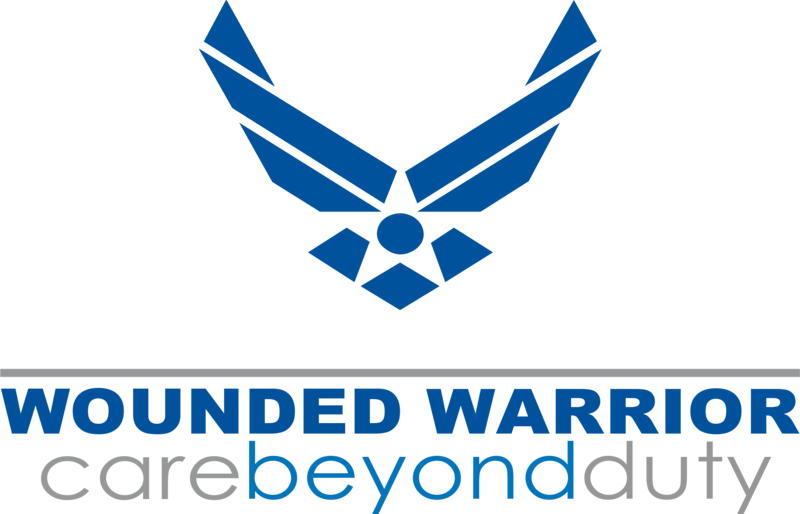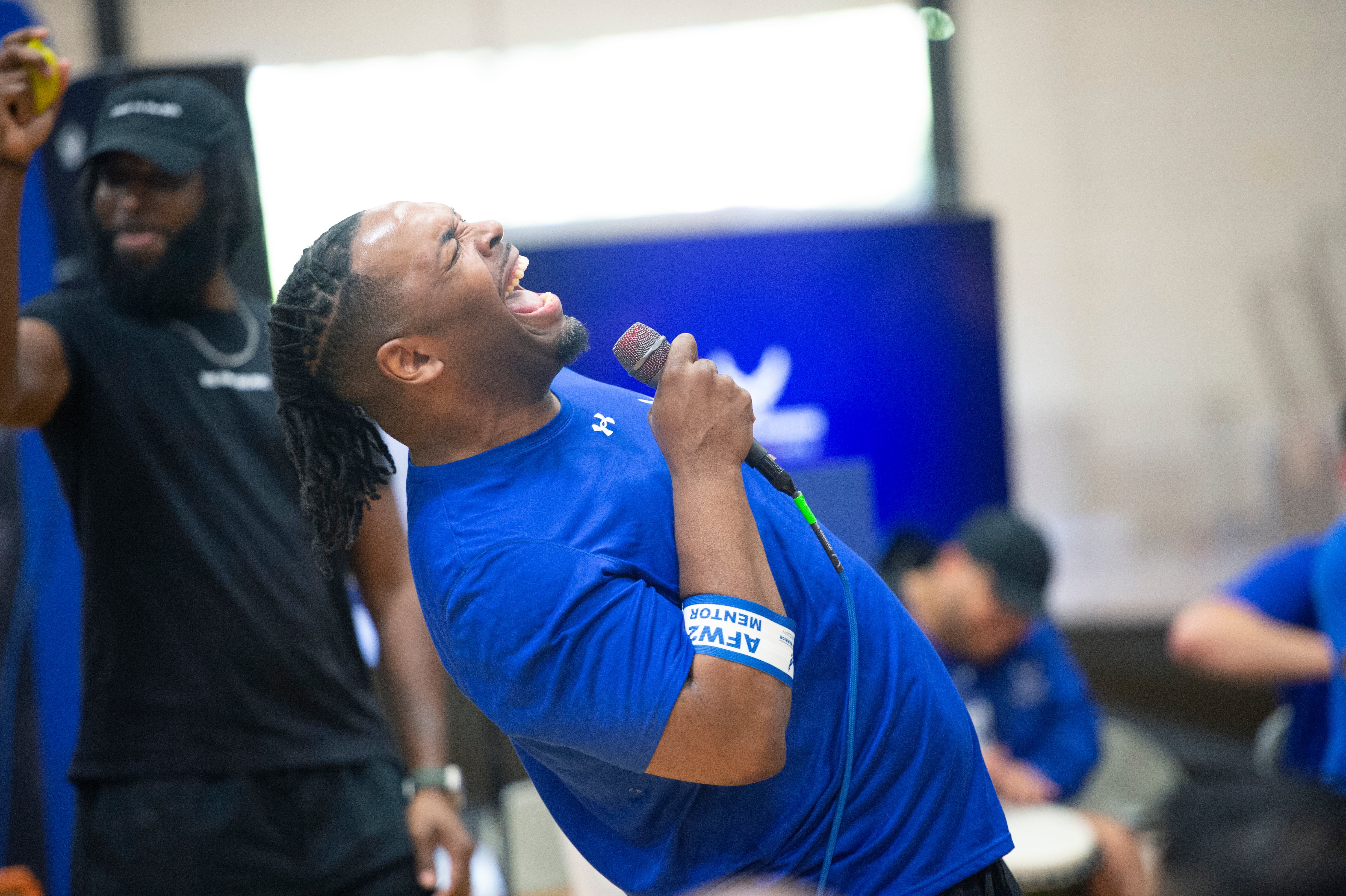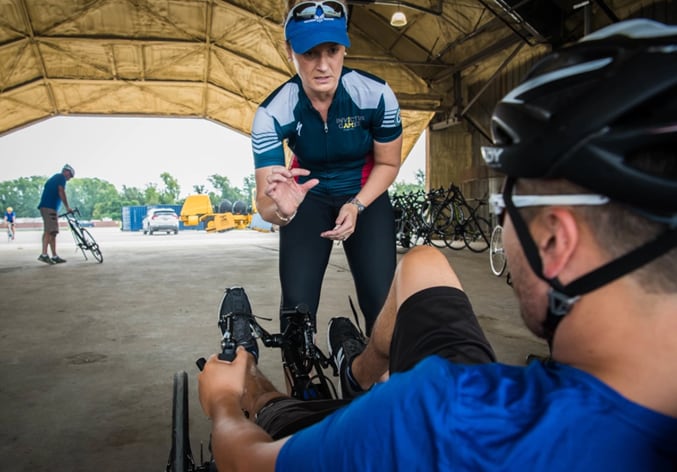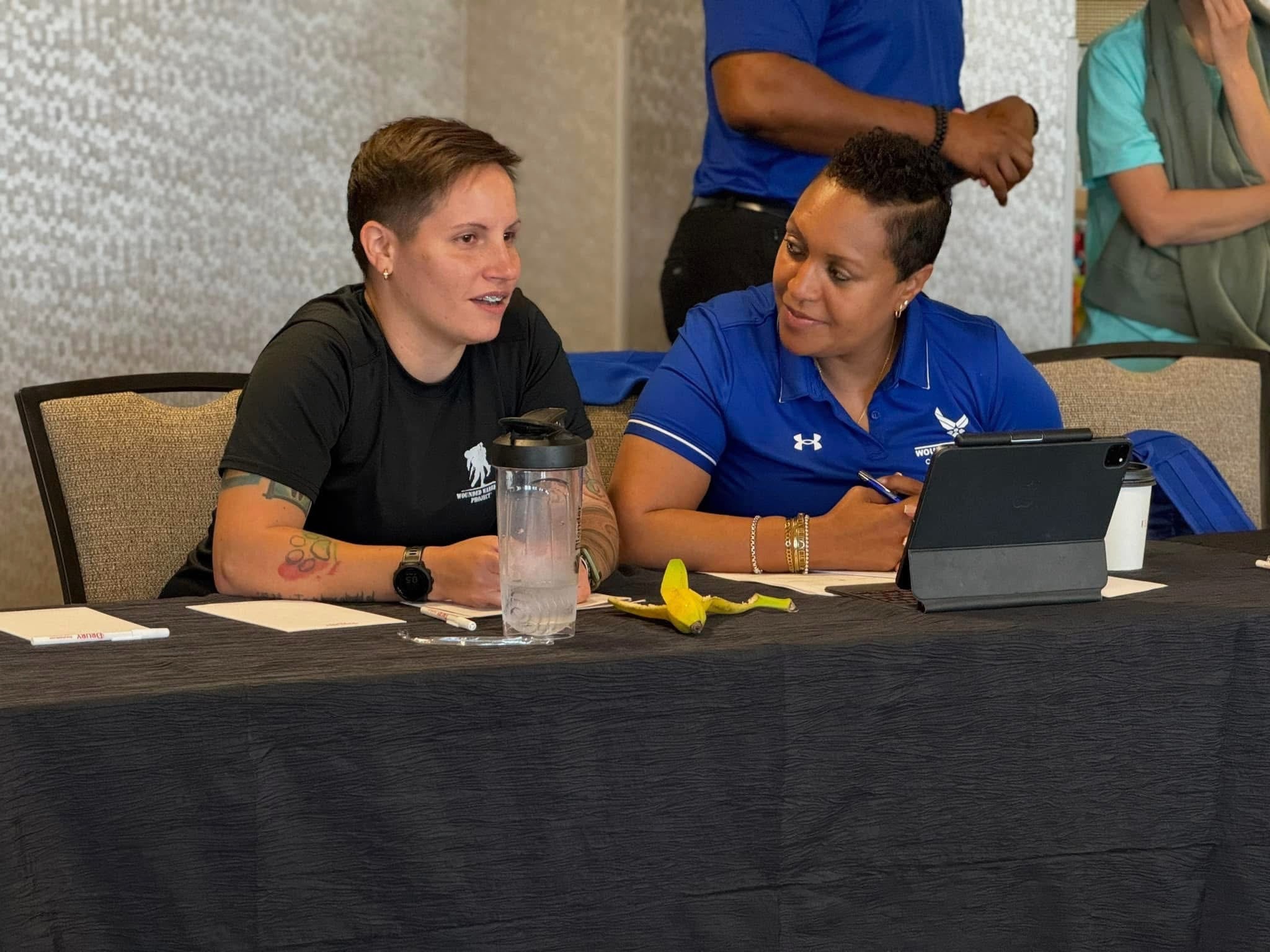By: Melissa Bitter
Recovering service members (RSM) may not all walk the same healing path, but they do often recognize and share similar experiences and struggles. How they channel their energy into progressive healing can take many forms and sometimes, ideas come from within.
Approaching recovery through various enrichment tracks quickly became the Air Force Wounded Warrior (AFW2) Program’s goal. The program, which began its efforts in 2007, offers Caregiver workshops, Adaptive Sports training, and Resiliency and Empowerment to Employment tracks during their regional C.A.R.E Events.
“The Resiliency track’s purpose is to cultivate a resilient mindset for recovering service members and their caregivers and to encourage the use of holistic approaches during their recovery,” said Jennifer Houghton, AFW2 Warrior Care Support Program Manager.
The resiliency track aligns with the Air Force’s Comprehensive Airmen’s Fitness Model in keeping with the 4 pillars of Resilience: Physical, Mental, Social and Spiritual.
When AFW2 began, its focus for events were Adaptive Sport and Empowerment to Employment. There were evening resiliency programs that included music, improv comedy and art. Many of the RSMs who could not physically participate in sport, expressed interest in having these alternative programs available as its own track.
Retired Air Force Tech Sergeant Dave Long, was enrolled in the program during these initial program events and began to see the benefits of these holistic engagements and lobbied for them to have a permanent space in future events.
“At this point in my journey with AFW2 I had taken thousands of photographs for the program and met a lot of warriors who were able to do adaptive sports and others who struggled with adaptive sports,” he said. He, and fellow wounded warrior Master Sgt. (ret.) Matthew Buzzard, began discussing ways these events could help other warriors and wanted to bring it to AFW2 leadership.”
“At that point I saved the conversations myself and Mathew had and planned to bring them up to AFW2 leadership when I was able to,” Long said.
Knowing the hurdles each participant faces can enhance recovery, and AFW2 leadership saw the positive responses RSMs had with these holistic approaches. And, starting with the Day of Healing in November 2019, a track based on holistic healing began.
“A holistic approach is beneficial to recovery because it promotes long-term healing and well-being through self-awareness and provides healthy coping mechanisms (Resilient toolbox) warriors can take back home with them after a C.A.R.E. Event,” Houghton said.
Currently, C.A.R.E. Events include a full week resiliency track with various activities and outings that include photography, music, improv, art, poetry, journaling and yoga.
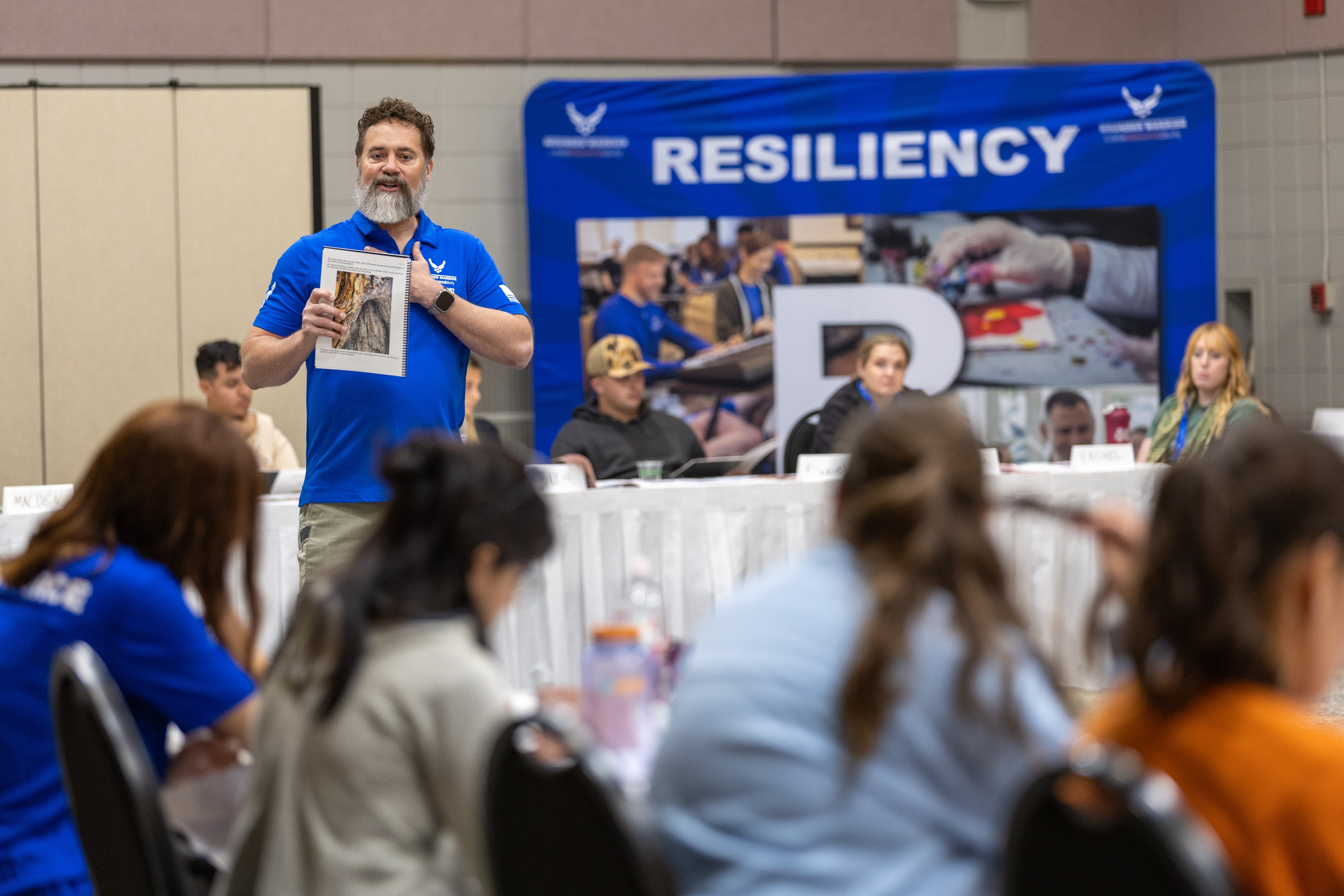
Resiliency track participants are introduced to adaptive sports to foster interest in learning a physical sport. Wounded warriors do not need to adapt to the sport; the sport can be adapted to them. Program coaches and track leaders work to ease anxiety of the warriors and show them what they CAN do versus what they think they cannot do, no matter which track they are in.
AFW2 works with a combination of former participants and professionals to create a quality holistic experience. Workshops including music, art and improvisational comedy, help wounded warriors find hope and healing. Each workshop provides tools wounded warriors can use to provide stress relief, improve brain function, awaken creativity and enhance well-being. These foundational elements are the key to a successful road to recovery and are the lynchpin in AFW2′s motto of “Care Beyond Duty.”
When an Airman or Guardian becomes seriously injured, ill or wounded, the AFW2 enrollment team steps into action to evaluate the cases and enroll those who have been referred to the program.
